
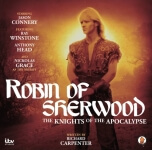 Robin Of Sherwood: The Knights Of The Apocalypse
Robin Of Sherwood: The Knights Of The Apocalypse
By Richard Carpenter; Performed by a full cast
2 Hours – CD or Digital Download [AUDIO DRAMA]
Publisher: Spiteful Puppet
Published: June 30, 2016
England in the reign of King John and a dark force is intent on conquest. Only the hooded man can stand against it… The church lies impotent at the mercy of the Pope and the interdict against the kingdom. With the people living in fear and a series of disappearances that threaten the very fabric of noble society, Robin ‘i’ the hood and his band of outlaws must race to rescue the past so that the future may be protected. A journey to Huntingdon and beyond Sherwood will see them battle their most dangerous enemy yet as Herne’s son faces The Knights of the Apocalypse…
If you close your eyes you’ll see it – it being a new two part episode of the classic ITV television series Robin Of Sherwood, minus the grainy 16mm film stock. From the opening Clannad theme – you’ll see it all – that brightly lit forest green, those grey stone castles and churches, the flashing swords, the flying arrows. You’ll of course hear them all too.
Early into The Knights Of The Apocalypse we learn that England is suffering under the “Interdict”, a punishment of all of England for King John’s offence of the Catholic Church. This really happened. The titular Knights of the Apocalypse, though fictional, are said to be a breakaway branch of the Knights Templar – and the ultimate historical destruction of the Templars is very effectively retroactively-foreshadowed in this production.
The two hours, in two parts, had me struggling with the heroes, thinking deep thoughts, rallying against the heavy hand of oppression, chuckling at the baddies, laughing with the heroes, worried at what might possibly happen next, then heart-warmed, and ultimately delighted at the lightfooted sweep all the little details added up to. This is an epic as big as The Swords Of Wayland and as revolutionary as Robin Hood And The Sorcerer.
Barnaby Eaton-Jones, the producer, seems to have made it his mission to make The Knights Of The Apocalypse as true to the original show as humanly possible. Soliciting initial funding using an indiegogo campaign, Eaton-Jones paired a script by the now deceased Richard Carpenter, Robin Of Sherwood‘s creator (he also wrote some of the show’s finest episodes), and tracked down every living member of the original cast to this production. The result is truly tremendous! It is amazing to hear the voices of that old cast once again – Mark Ryan (the brooding Saracen swordsman Nasir), Ray Winstone (forever the hot-headed Will Scarlet), Clive Mantle (smiling and gentle Little John), Jason Connery (that noble second incarnation of Robin, the hooded man), curly haired Judi Trott (voicing the summer maid of Sherwood, Marian), Phil Rose (the friendly friar, Tuck), and Peter Llewellyn Williams (Much, the simple miller’s son).
A lot of folks probably think of Alan Rickman as the most iconic Sheriff of Nottingham – he was terrific – but for me the worst (and by that I mean best) Sheriff of Nottingham will always be Nickolas Grace. Grace is back to his old tricks; playing that cowardly cartoon of law, that malefactor of injustice, all the while wonderfully dripping contempt and venom from every sour word. We get Grace in several scenes, including some with his equally contemptible brother, the Abbot Hugo, played wonderfully once again by Philip Jackson. A few of the voices are new, filling in for the deceased Robert Addie (Guy of Gisbourne) and Daniel Abineri (Herne, now played by his son). But we also get some audio drama stars like Colin Baker and Terry Molloy playing guest villains.
The Knights Of The Apocalypse is a magical experience. Its story will satisfy, so much so that it could slip-in right next to that final TV episode that aired June 28, 1986. No, this is not a reboot, not re-imagining, not a rerun – this is a reunification. You’ll be reunited in righteous camaraderie with the merry folk of Sherwood – doing the work that must be done, for the good of the people, and breaking the law as needs must.
In reading some of the other early reviews I think they’ve short-shrifted both the historicity and the timeliness (or maybe the timelessness) of what’s going on in The Knights Of The Apocalypse. This really isn’t just a story about how a cute cult TV show got a little fan service 30 years after the last episode aired. No, this is a story about power, politics, economics, about religion. This is a story about class and class struggle, human virtue and human vice. For who is King John, that off-screen terror, if not the hubristic government the governs for the rich and not for all? Who is the Sheriff of Nottingham if not a cynical functionary enforcing the unjust laws unequally, and for his own gain? And why is it, exactly, that an old folktale about a band of heroes who break the law for the good of the people so very, very resonant exactly 30 years (or approximately 550 years) after they were first told?
Here’s a recent piece of publicity:
Posted by Jesse Willis


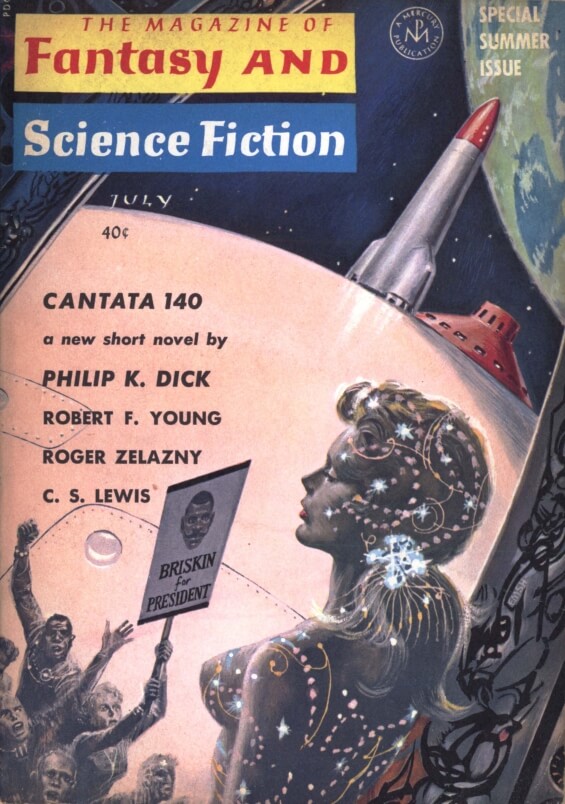
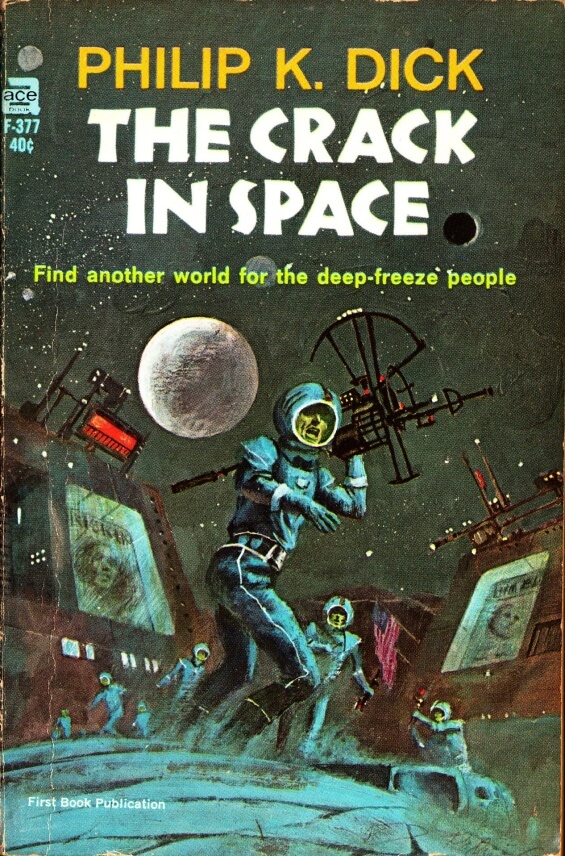
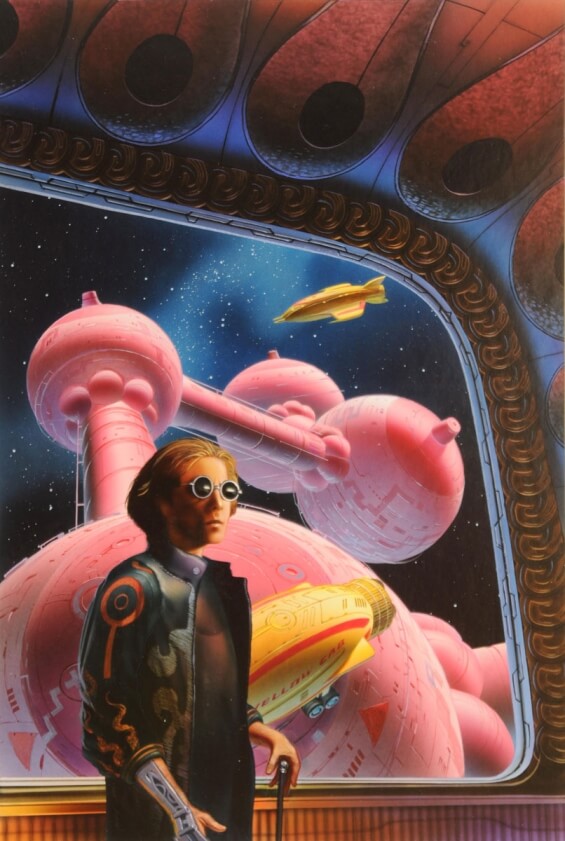

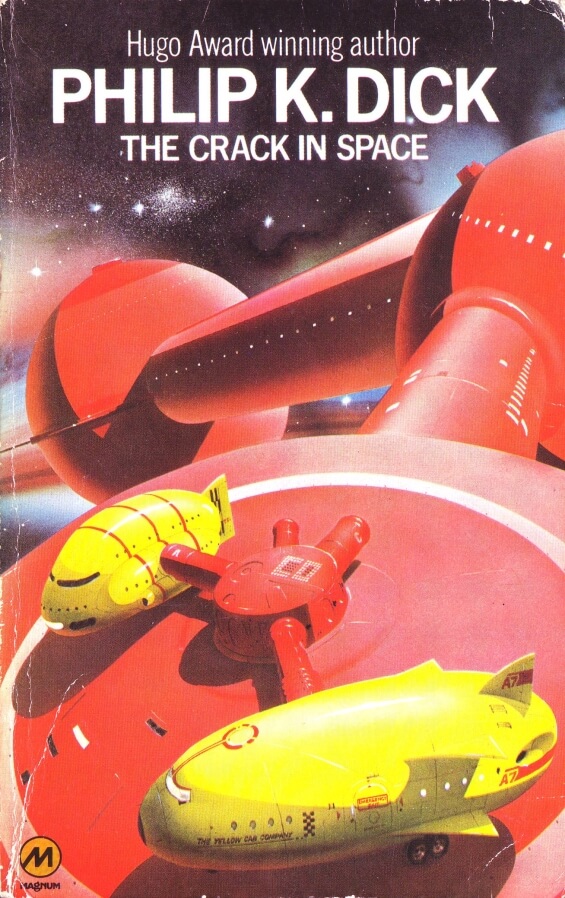
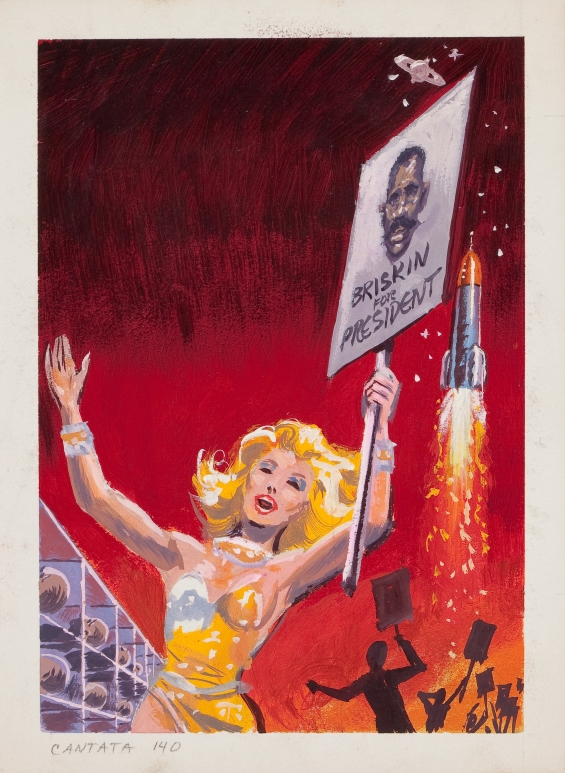

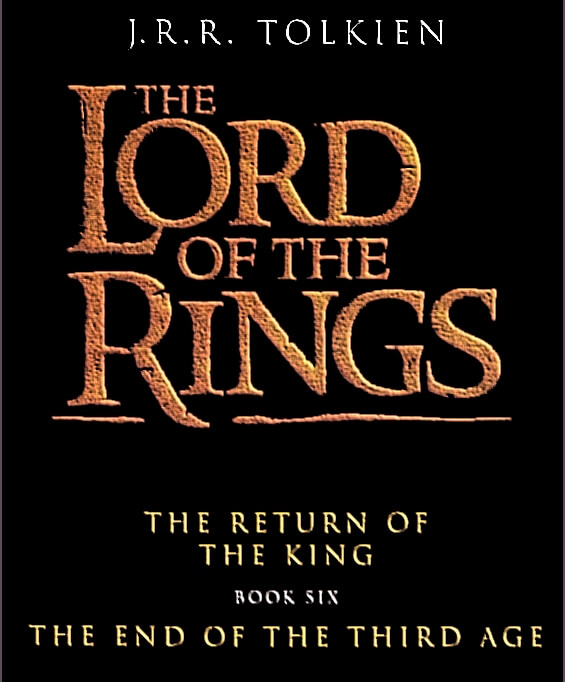
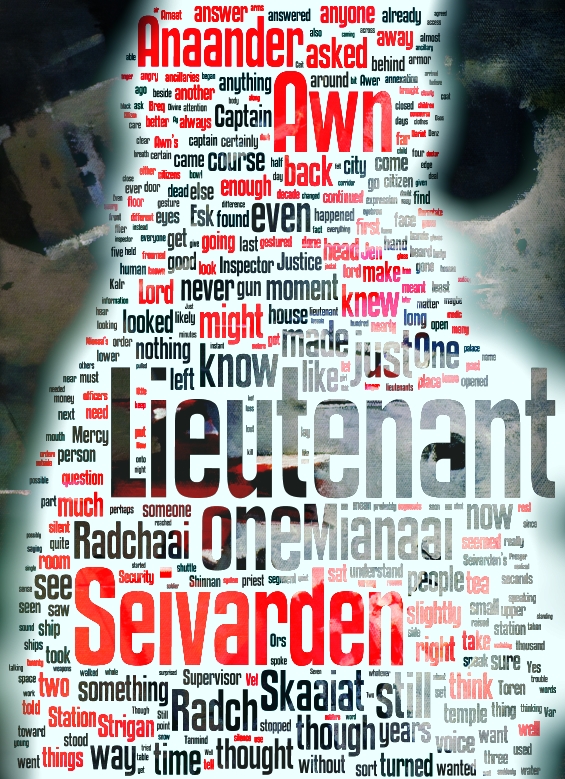
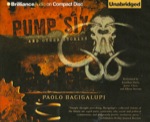
 Dust (The Silo Saga #3)
Dust (The Silo Saga #3)